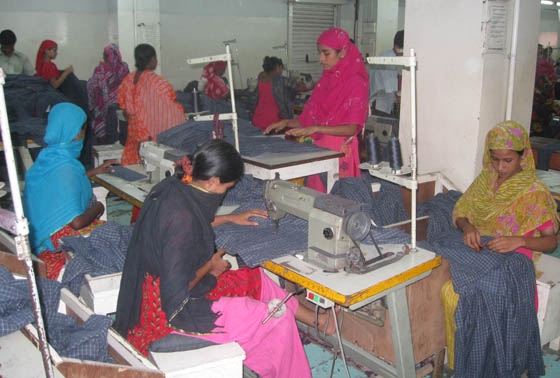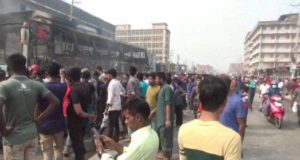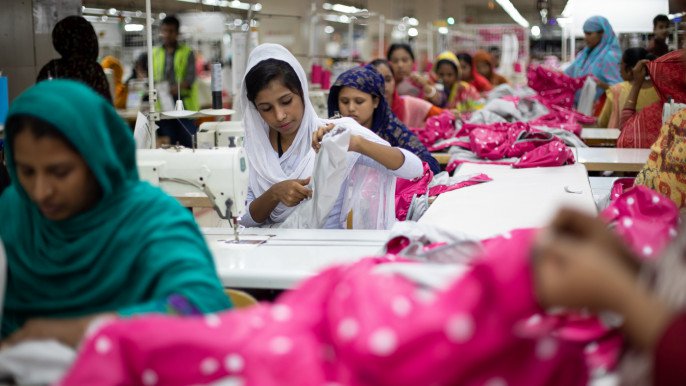Published in The Daily Star on April 26, 2018

The Bangladesh Garment Manufacturers and Exporters Association is yet to complete the central biometric database of garment workers five years after taking up the initiative.
Primarily, the non-cooperation of the factory owners is to blame for the delay, said BGMEA insiders.
Moreover, the owners are taking a lot of time to make the database at the factory level because of huge number of workers. A biometric central database of workers is needed to establish transparency in business, policymaking, payments and monetary claims, and for the identification of internal migration by workers.
For instance, after the twin accidents of Rana Plaza collapse and Tazreen fire, relatives of many of the deceased workers could not be contacted immediately as their addresses and other details were not documented properly.
As a result, the relatives of the victims were traced out after many months, and in some cases, the compensation money did not go to the workers’ next of kin.
Had the central biometric database of workers been in place, the verification of the victims and disbursement of compensation would have been way easier.
“I am hopeful that the preparation of the biometric database of the workers would be completed by the end of this year,” said Mohammed Nasir, vice-president of BGMEA.
So far, more than 30 lakh workers of 2,266 BGMEA-affiliated member factories have been documented in the database.
At present, the total number of active garment factories under the BGMEA membership is more than 3,500, according to Nasir.
The total number of workers in the factories might cross the 40 lakh mark once the database is completed, he said.
The collected data shows that the number of women workers has been declining in the garment sector.
“Previously, it was believed that 80 percent of the garment workers were women. But the data shows it is now 65 percent,” he added,
The Bangladesh Knitwear Manufacturers and Exporters Association is also preparing a similar kind of database.
So far, the BKMEA has surveyed 311 factories of the 1,023 active factories and brought 7.5 lakh workers under the database, said Sulov Chowdhury, its chief executive officer. Once the database is complete, the worker count would hit 19 lakh.
“I hope our job will be completed by the end of July this year,” he added.
According to the labour force survey of 2017, the total number of garment workers is about 33 lakh.
So, there is a difference in number between the labour force survey and the association, said Khondaker Golam Moazzem, research director of the Centre for Policy Dialogue.
“We need the exact number because many policies are taken based on number of workers,” he said.
Subsequently, he urged all the associations to sit together to fix the exact number of workers in the garment sector.
 CPD RMG Study Stitching a better future for Bangladesh
CPD RMG Study Stitching a better future for Bangladesh



